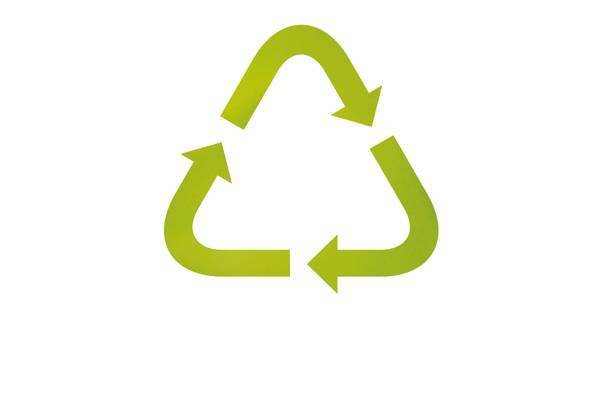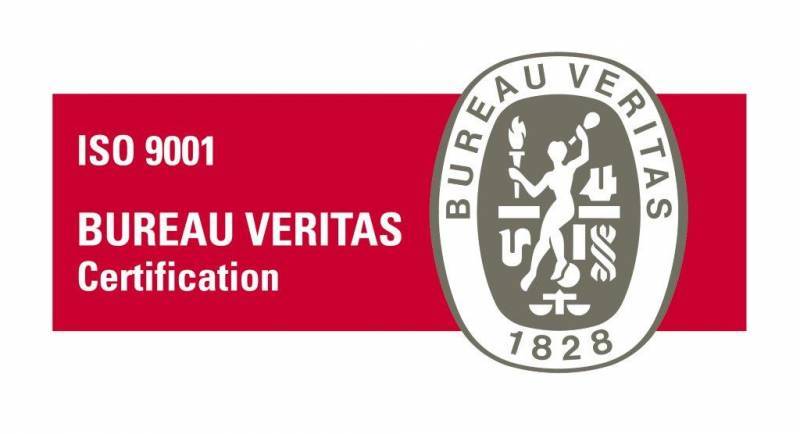What are bioplastics?
A bioplastic refers both to the origin of the resource and the way in which it decomposes. To date, there is no standard definition of a bioplastic. The most commonly accepted meaning is that a bioplastic is a biobased and/or biodegradable material.
According to the definition accepted by the CNE (French Packaging Council), the word biobased describes a product made from a renewable organic material (vegetable or animal resources, organic waste, biomass, etc.). It is therefore distinct from a fossil-based product (oil, gas, coal, etc.).
What kind of materials do bioplastics refer to?
1- Biobased materials
Biobased plastic materials are plastics that are partially or totally based on natural renewable materials. They are generally developed from plant (sugarcane, potato, corn starch, sweet potato, etc.) or animal biomass. When they are 100% plant-based, we refer to them as plant-based plastics.
2- Biodegradable plastics
Biodegradable plastics can be derived from both petrochemicals and biomass. One of their features is that industrial composters can be used for their decomposition.
A few useful details:
- When a package uses a biobased material, the "biobased" claim is only legitimate if the environmental impact of that package is less than that of the package to which it is compared.
- A biobased material does not necessarily mean renewable, if the resource employed is used excessively.
- The issue of competition with human food remains and it is up to those using biobased materials to check this point carefully. The use of waste or coproducts render this concern immaterial.
- The word “Biobased” is a concept related to the origin of the raw materials used, without prejudice to the packaging’s end-of-life, particularly its recyclability.
- A bioplastic is necessarily biobased
- Careful! Bioplastic packaging can be recyclable without being biodegradable or biodegradable without being recyclable.
If you have any doubt on the claims you would like to use to communicate about your packaging, we recommend that you approach the CNE (French Packaging Council)
Source: Conseil National de l'Emballage (French Packaging Council) www.conseil-emballage.org
Any questions about bioplastics?





